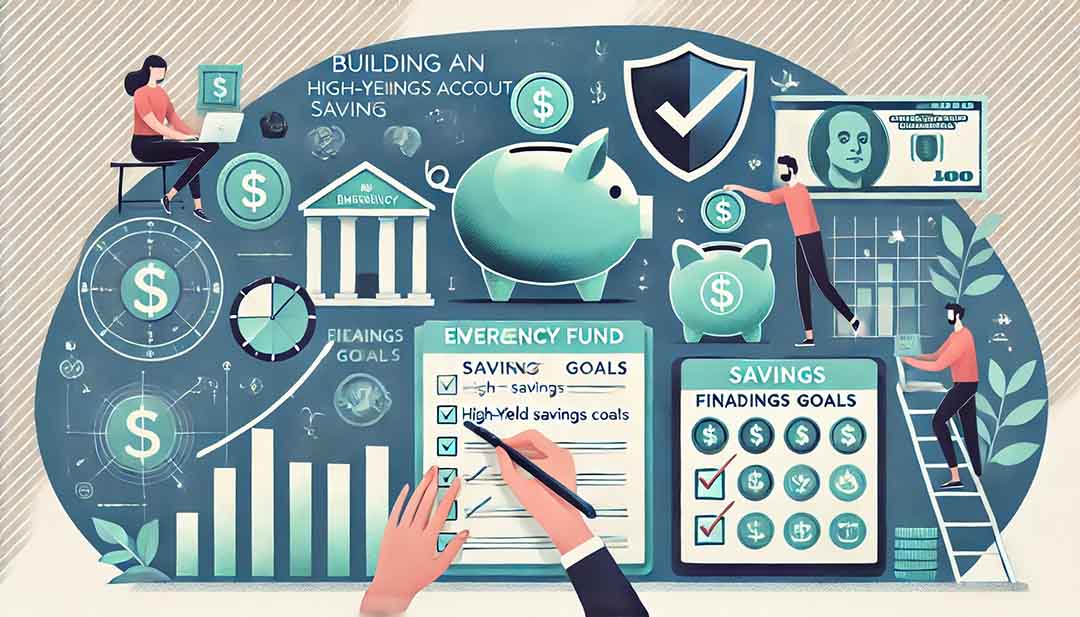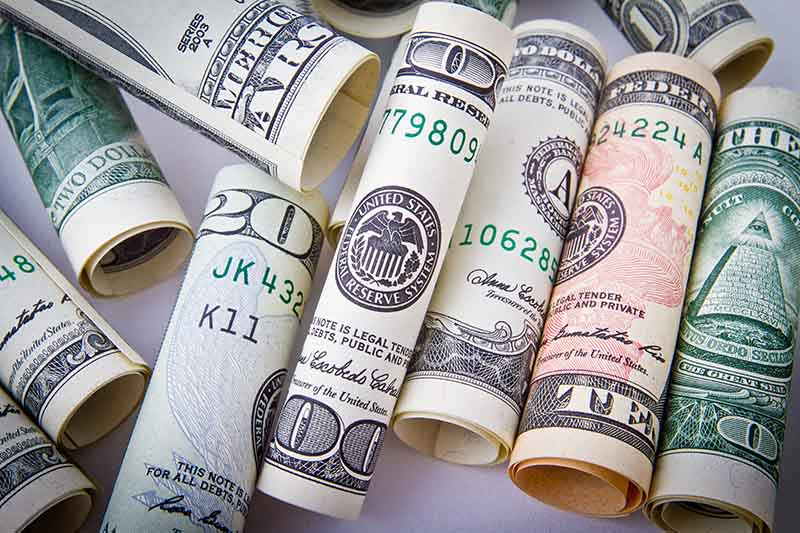Building an Emergency Fund, Why and How

How to Save for an Emergency Fund: Practical Tips and Strategies
An emergency fund is a crucial component of financial security, providing a safety net during unexpected financial setbacks. Whether it’s a medical emergency, car repair, or sudden job loss, having an emergency fund can help you navigate these challenges without derailing your financial stability. This article explores the importance of an emergency fund and provides practical steps on how to build one.
Why You Need an Emergency Fund
1. Financial Security
An emergency fund ensures that you have money available to cover unexpected expenses without relying on credit cards or loans. This financial cushion can prevent you from falling into debt during emergencies.
2. Peace of Mind
Knowing that you have a financial buffer can reduce stress and anxiety. An emergency fund provides peace of mind, allowing you to focus on other aspects of your life without constantly worrying about financial surprises.
3. Avoiding High-Interest Debt
Without an emergency fund, you might resort to using credit cards or payday loans to cover unexpected expenses. These options often come with high-interest rates, which can lead to a cycle of debt that is difficult to escape.
4. Flexibility in Life Choices
An emergency fund gives you the flexibility to make better life choices. Whether it’s taking time off to care for a loved one, pursuing further education, or changing jobs, having a financial cushion allows you to make decisions without being solely driven by financial constraints.
How Much to Save
1. Start Small
If saving several months’ worth of expenses feels overwhelming, start with a smaller goal. Aim to save $500 to $1,000 initially. This amount can cover minor emergencies and give you a foundation to build on.
2. Three to Six Months of Expenses
A common recommendation is to save enough to cover three to six months of living expenses. This amount provides a buffer for more significant financial disruptions, such as job loss or major medical expenses.
3. Tailor to Your Needs
Your specific situation may require a different amount. Consider factors such as job stability, health, and whether you have dependents. Those with more volatile income or higher expenses might need a larger emergency fund.
How to Build an Emergency Fund
1. Create a Budget
Start by creating a budget to track your income and expenses. Identify areas where you can cut back to allocate more money toward your emergency fund. Essential expenses include rent, utilities, groceries, and transportation.
2. Set Savings Goals
Set clear, achievable savings goals. Break your overall target into smaller milestones, such as saving $100 per month. Achieving these smaller goals can keep you motivated and make the task feel less daunting.
3. Automate Your Savings
Automate your savings to ensure consistency. Set up automatic transfers from your checking account to your emergency fund account. This way, you’re less likely to skip saving in favor of other expenses.
4. Use Windfalls Wisely
Whenever you receive unexpected income, such as tax refunds, bonuses, or gifts, consider allocating a portion of it to your emergency fund. These windfalls can significantly boost your savings without affecting your regular budget.
5. Cut Unnecessary Expenses
Review your monthly expenses and identify areas where you can cut back. Cancel unused subscriptions, dine out less frequently, and shop smarter by using coupons and taking advantage of sales.
6. Earn Extra Income
If possible, consider earning extra income through side jobs or freelance work. Use the additional income to bolster your emergency fund more quickly.
Where to Keep Your Emergency Fund
1. High-Yield Savings Account
A high-yield savings account is an excellent option for your emergency fund. It offers easy access to your money while earning interest, helping your fund grow over time.
2. Money Market Account
Money market accounts typically offer higher interest rates than regular savings accounts and come with check-writing privileges. Ensure that the account is FDIC insured for added security.
3. Avoid Investment Accounts
While investment accounts like stocks and bonds can offer higher returns, they are not suitable for emergency funds due to their volatility and potential for loss. Emergency funds should be easily accessible and stable.
Maintaining Your Emergency Fund
1. Replenish After Use
If you need to use your emergency fund, prioritize replenishing it as soon as possible. Treat this as a top financial priority to ensure you’re prepared for future emergencies.
2. Regularly Review Your Fund
Periodically review your emergency fund to ensure it still meets your needs. Adjust your savings goals and contributions if your expenses or financial situation change.
3. Keep It Separate
Maintain a separate account for your emergency fund to avoid the temptation of using it for non-emergency expenses. This separation can help you stay disciplined and keep your fund intact for true emergencies.
Building and maintaining an emergency fund is a fundamental step toward achieving financial stability. By starting small, setting clear goals, and consistently saving, you can create a financial safety net that provides security and peace of mind. Remember, the key to a successful emergency fund is discipline and regular contributions, ensuring you’re always prepared for life’s unexpected challenges.
Quick and Easy Ways to Borrow $300.




